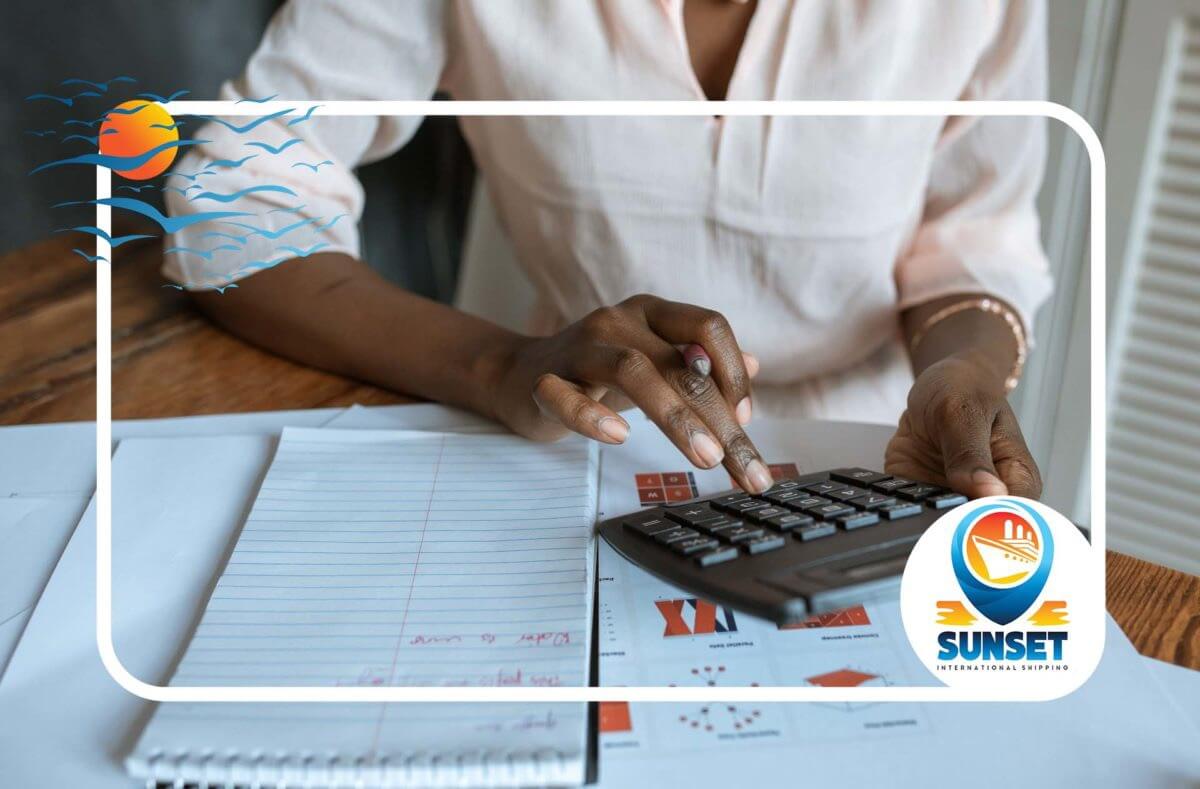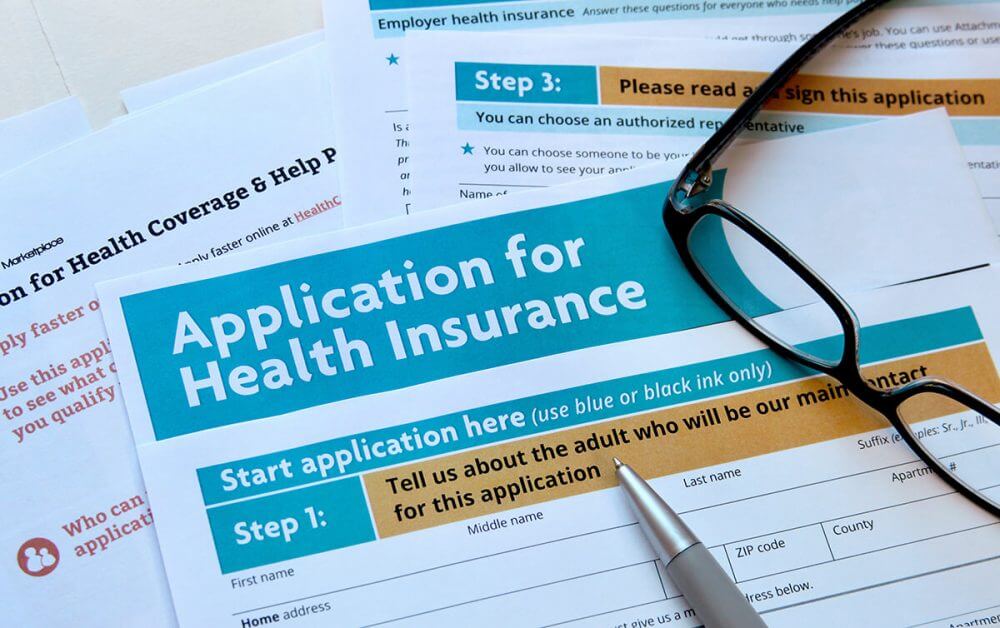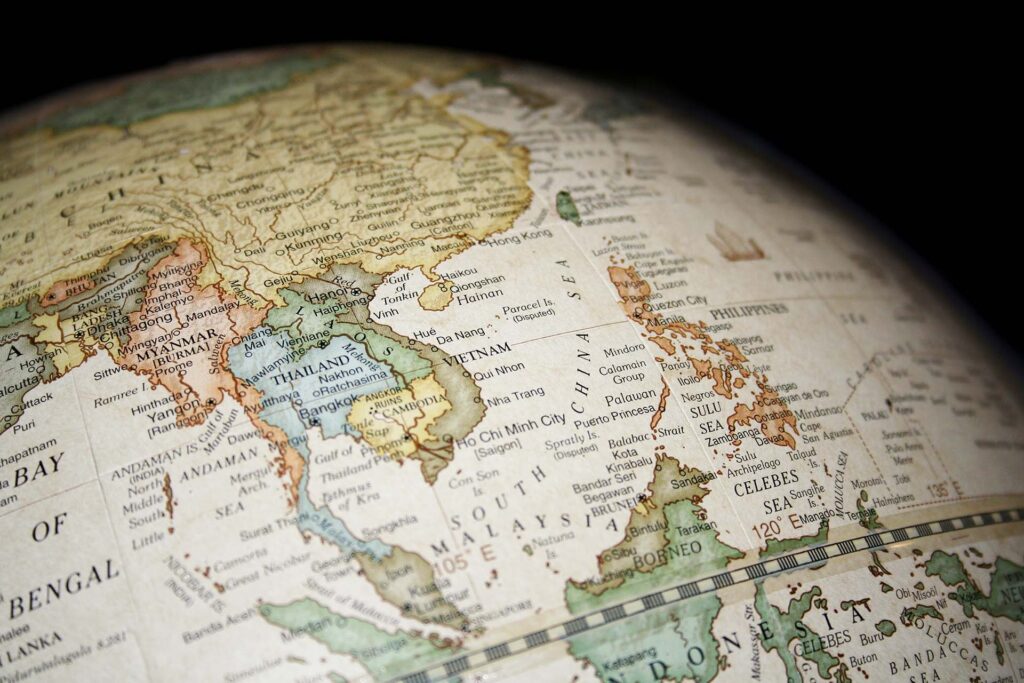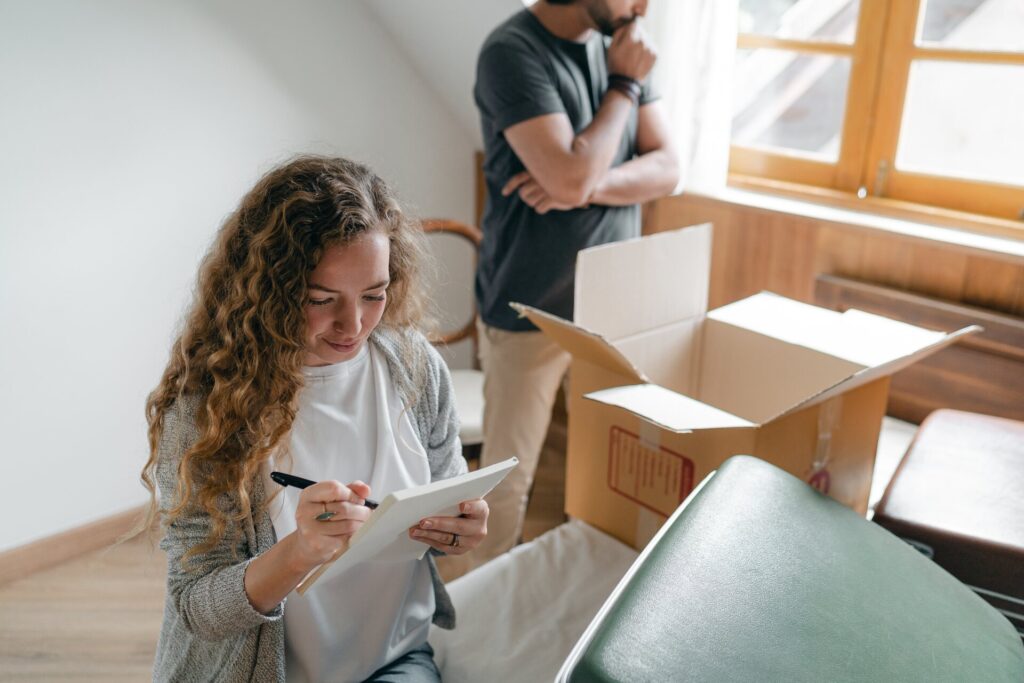Most countries in the world require expats to open bank accounts when they settle in. Having an account can make it possible to find jobs, participate in the economy, and have the same perks and benefits as the locals. Here’s our guide on balancing finances abroad and understanding your responsibilities as an expat.


Learning How to Handle Finances – Living Abroad Edition
Moving across the world is no easy feat. It’s different from going to another state because there are so many things to consider before figuring out how to move to another country. Since international travel is often romanticized, especially in movies and TV shows, people overlook the most important aspects of living overseas: finances and paperwork.
Behind every Eat, Pray, Love situation is a massive pile of paperwork. Julia Roberts showed the fun part of traveling to find herself, but there’s probably a behind-the-scenes part where she had to wait in line for mandatory account maintenance. Something that the entire world has in common is balancing finances and getting insurance, whether they move out for the first time or the tenth.
Wherever You Are, You Can Make an Account to Keep Money In
Defeating relocation stress at the root means planning the move well. You can contact an overseas shipping company for some well-needed international moving services, have them pack your belongings and ship them to the destination without even potentially lifting a finger. However, no matter what your reasons for moving internationally are, the one time you’ll have to sweat a bit is while making sure you have a well-established financial plan.
While it is enough to move in two steps – save money, and move out – there has to be a bit more thought put into this process. Once you arrive, contact the local immigrational authorities to give you insight into the sort of documentation you need. You could also get in touch with the US embassy and ask them for advice. If they can help get you started, they’re your best bet for doing things right immediately.
Do People In Your New Home Use Cash or Cards More?
Choosing an overseas moving company and paying them will likely happen before your international trip, so that would be between you and them. However, the next time you spend hard-earned money, you’ll have to figure out whether it’s more convenient to use cash or cards.
Adjusting to a new country doesn’t just entail learning another language and overcoming the culture shock as soon as possible. It can also mean tapping into the daily habits of the locals and doing what everyone does.
So, if wherever you go, you see everyone paying by card, then you won’t have to worry about getting any cash. In fact, you may not even see cash for the majority of your stay. Of course, if the situation is reversed and you see cash exchanges everywhere, make sure to have a cash stash for special occasions.


The First Step Is to Find a Bank That Best Suits You and Open an Account
Besides collecting all the documents needed to travel overseas, you can look into your destination’s local banks and banking systems. Will one establishment be better than another, and how? It will likely be a long process, but since most information is available online, you won’t have to visit any physical venues to get the most out of your research.
If you want to learn how to live in another country and open a valid account there, search for the following information on banks:
- Will you prefer a traditional, brick-and-mortar type of bank or an online one?
- Does every financial institution have the option of online banking?
- Compare monthly maintenance and other fees, like out-of-network ATM, statement, wire transfer, and cashier’s check fees,
- Will you be able to open a savings account as an international resident?
- What are the interest rates on savings accounts?
- Were there any security breaches or instances of banks being unreliable?
- Customer reviews and impressions are often the most critical aspect.
There won’t be a one size fits all type of financial institution for you, so it’s essential to define what matters to you most. After all, how did you choose your bank back home? Lead with that strategy.
Educate Yourself on Interest Rates and Account Maintenance Rules In Each Bank
We’ve mentioned this as part of the mandatory background check for banks, but we feel like emphasizing it. Anyone looking to move internationally needs a safe space for their finances. Maybe you’re relocating for college and need to save up for tuition, or perhaps it’s not an indefinite visit, and you plan to go back home.
The money you save while living overseas won’t be able to stay completely intact – you still have to eat and pay rent. That’s why considering your best interests when choosing banks means looking into savings possibilities and interest rates. Your relocation checklist truly shouldn’t exist without these aspects, especially if you intend to live in a foreign country.
Here’s an educational video on how to choose the perfect bank. It may give you insight into which establishments to look into.
Any Expat’s Advice Would Be Not to Shut Down Your Old Balance, but Use It as a Lifeline
If you ask any expat how to document finances when living abroad, most of them will likely tell you not to put all your eggs into one basket. That means keeping the old balance active and working with two as you move away. Using a local account, moving overseas, and opening another one to keep the finances in check is a great way to move efficiently and one of the best relocation day tips.
You can join some local expat communities before moving. For example, social sites like Facebook as well as Reddit are typically the most used communication channels that have groups for expats in the foreign country you wish to move to. If you look some up and join, they’ll explain every aspect of living there, including opening financial accounts and getting health and other types of insurance.
Keep a Leveled Balance Between the Old and New Accounts
If you’re moving abroad alone and worry about sustaining yourself overseas, we have news for you – you’re perfectly normal. Living somewhere completely different across the world is a notion that’s equally exciting and terrifying. Still, we hope the fact that some parts of life are the same everywhere could make you more comfortable because it is true.
Sure, the British like to stand in lines, apparently, and the Japanese have vending machines for every imaginable thing, but they all experience the same despair of lining up in a bank when it’s time to pay bills and get credit. If you still have your old balance and some money on it, that will make all the waiting and paperwork a bit easier to handle.
Doing Taxes In Another Country Can Compare to Doing Them at Home – It’s Boring but Mandatory
The least fun part of shipping overseas is that you won’t be exempt from doing taxes. It’s true – you can leave the US, but the tax system will follow. It would be wise to put a tax calculation deadline on your checklist for moving overseas since you could easily forget it from all the excitement and rush of relocating, especially during a last-minute move.
As a US expat living overseas, you’ll still have to do your taxes in the US and submit all the documents there. This is because you’re still a citizen of the US, despite not physically living there. Additionally, other countries have taxes, too. You should look into the amount of tax and elements included in it. What’s usually taxable is your gross income, including wages, salaries, tips, and bonuses, minus any deductions or exemptions you have for that tax year.
When you move overseas, you can claim tax exemptions and credit in one of two ways:
- Foreign Earned Income Exclusion (FEIE) – proof that you’ve been earning money overseas for longer than 330 days. This could save around $100,000 of your foreign earned income from being taxed, if you are eligible,
- Foreign Tax Credit – this is credit you can get if you’re not eligible for FEIE and still pay taxes regularly. It requires you to have taxable income and that you’ve paid that tax in the past; being regular with this sort of payment will give you a better chance to get credit.


Make Sure to Get Health Insurance and Don’t Fall Into Any Loans
Whether you’re moving into a new home alone or with kids, there’s one thing you’ll all need as much as a disposable money balance, and that’s health and life insurance. This is a thing many people forget, especially considering how healthcare works in the US, but it’s the best thing to have when you’re an international citizen.
However, as we know, insurance is another financial aspect you’ll have to balance as you go along. The pay is usually monthly, and some things, like dental care, aren’t included in the contracts; this means either paying a higher fee for an all-inclusive healthcare package or figuring the problem out only if it occurs. The latter is more common but less functional.
If all these financial obligations start to feel like a burden, you may be tempted to take out a loan or some sort of credit. It’s OK to do so, but what will happen if you have to go back home? The loan will still exist, and you’ll still have to pay it off. Our recommendation is to save up as much as possible before relocating because health insurance is the best asset an expat could have.
For example, if you plan to drive while living overseas, you could look into car shipping services by an international moving company. Shipping a car overseas doesn’t just spare you from buying a new one internationally, but it saves you money overall. You know your car and its functions, so knowing how to handle a crisis with it will be easier and probably cheaper. Try any trick to minimize your expenses and have a healthy account balance available.


Balancing Finances Abroad Is No Different Than How You Did It Back Home
If you have great (or any) financial balancing skills, don’t worry because they won’t disappear when you move overseas – it’s not how that works, fortunately. You’ll likely have a harder time figuring out what to pack when moving abroad, or even how to travel overseas during covid-19, but finances will remain your forte. It’s simple – if you could do it at home, you’ll be able to do it anywhere else.
And, well, if you’ve never been good with convincing cash to stay in your accounts, it will be necessary to practice doing it in another country. Every part will matter – from how you spend to how much because unexpected expenses occur all the time. Whether overseas or in the motherland, there’s always something that will require you to open the wallet and see the cash fly away. Our advice is not to despair, get help from friends and family, and be open to learning any new skills necessary to survive overseas.







